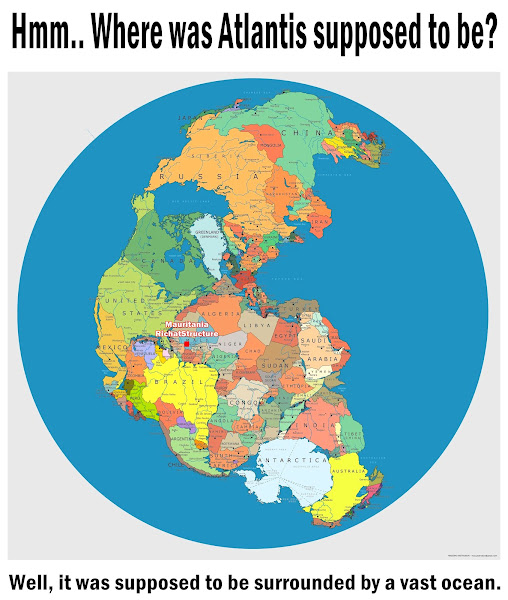The End Of War.. Why Should We?

In a conventional non-nuclear World War III the chances of nuclear reactors being damaged or destroyed would be significant as it would be to uranium mines, nuclear waste storage sites. Below: Concrete-steel silos, or dry casks, used for storing highly radioactive spent nuclear fuel. These casks are used to store tens of thousands of metric tons of highly radioactive spent nuclear fuel while awaiting permanent disposal. The chances of a nuclear attack completely avoiding nuclear reactors, waste sites, and research facilities are extremely low. While nuclear power plants might not be primary targets, the chaos of war could lead to severe nuclear incidents due to collateral damage, infrastructure collapse, and military strikes on energy grids. Potential Nuclear Risks Nuclear Reactors & Power Plants Meltdowns: Loss of cooling systems due to war-related damage could trigger reactor meltdowns. Radiation Leaks: Direct strikes or indirect damage could breach containm...




